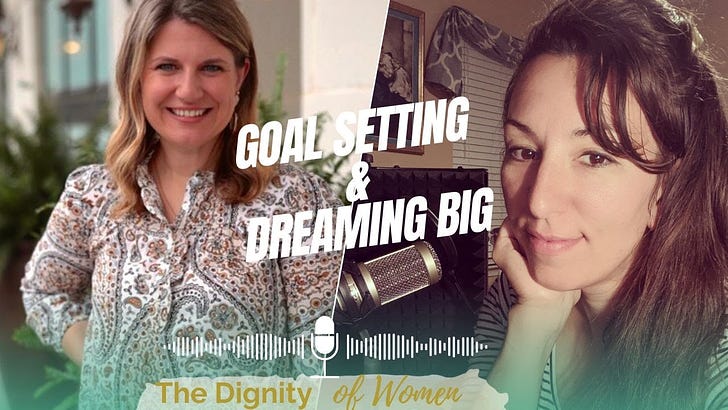About Erin
Erin has extensive experience coaching and training high-achieving professionals at all levels of their career. Her approach is informed by her diverse experience in project management, strategic planning, and human formation in the political, legal, nonprofit, and higher-ed industries. She spent her early career in public policy and project management in Washington, D.C. Often finding herself at the beginning phases of multiple start-ups, Erin enjoys the challenges of entrepreneurship. She currently serves of the Board of Advisors at the Ciocca Center for Principled Entrepreneurship at The Catholic University of America. Erin holds a Bachelors degree in political science and coaching certifications from multiple programs including the Life Coach School. Her favorite city is Krakow, Poland where she lived for nearly 3 years. You’ll find her traveling on adventures with her husband and 4 boys.
SMART Goals
When you determine the goals that are actually meaningful to you and your family, the ones in which you really want to achieve, then you need to put them into SMART goals. SMART stands for specific, measurable, attainable, relevant and timely. These goals help us actually achieve what we set out to accomplish because we can measure and know when and how we have succeeded because of the specifics we outlined for ourselves. In evaluating through the SMART goals formula, we are also able to decide if our goal is relevant to the stage in life we are in and if it is the right time to set such a goal. If we decide that it is the right goal and time to accomplish it, then we need to have proper accountability and a deadline set in which to accomplish the outlined goal.
Questions to Ask
Begin with reflection, asking what I am grateful for in this last year and what goals I accomplished, what good habits I formed, and what drove the most happiness for me, personally and professionally. What am I most proud of? This kind of reflection helps to ground us and grow our self-reflection. If we skip this first step of reflection, then it is hard to move forward and we are not setting ourselves up to succeed.
Then ask, what it means if I succeed or fail at my goal? How long will this goal realistically take to achieve? What does this look like in the greater context of my life? How will I give myself parameters that will make something very big become practical? Am I allowing perfectionism to get in the way of meeting my goal? Do I need to adjust my expectations? Who is my accountability partner? How will I prioritize my goals?
Keeping in mind what it will look like to succeed and what I will do when I fail are important to beginning to set realistic goals. Sometimes the ultimate question to ask myself is whether or not my goal or the means of achieving that goal are realistic or if I need to shift the parameter of what success looks like.
First thing’s first! What is first for you?












Share this post